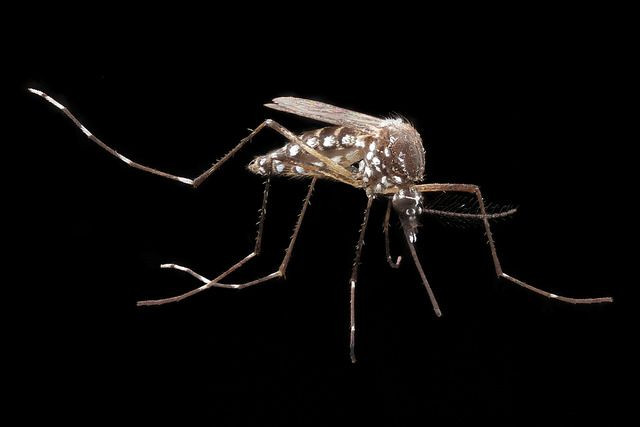Zika Virus Linked To Miscarriages Of Two U.S. Women

The evidence the Zika virus could have a disastrous effect on developing fetuses continues to pile up.
As initially reported by Statnews Jan. 10, the Centers for Disease Control and Prevention (CDC) announced having found the mosquito-borne virus in the placentas of two U.S. women who miscarried after traveling to areas where it was endemic. While it’s still unknown whether Zika is responsible for the miscarriages, the discovery is only the latest to support the idea that the virus can be transmitted from mother to fetus. The two cases are believed to be the first miscarriages linked to Zika in the U.S.
Zika, known to be relatively harmless to adults, has received a torrent of attention from the worldwide health community after it was traced to a mysterious rise in the number of infants born with smaller-than-healthy brains (microcephaly) in Brazil soon after an outbreak hit the nation last year.
Microcephaly is far from the only believed danger to be brought upon by Zika, though, with infants and, more rarely, adults also at risk of developing a neurological condition known as Guillain-Barré syndrome. Similar to other diseases like rubella and measles, miscarriages are now being considered a potential risk of fetal Zika infection. Also on Jan. 10, the CDC reported it found evidence of Zika virus infection in the brain and placental tissue of two miscarried fetuses and two newborns with microcephaly who died soon after delivery — all the cases originated in Brazil.
"It's absolutely possible for an infection, whether it be viral or bacterial, to result in a miscarriage," Zev Williams, an obstetrician-gynecologist at the Albert Einstein College of Medicine at Montefiore Medical Center in New York told the Washington Post. "Whether it was caused by Zika remains to be determined."
Nonetheless, Williams advised that people take precautions to avoid contracting or transmitting the virus if possible — a strategy most notably affirmed by the CDC, which has advised pregnant women to avoid travel to countries where Zika is ever-present.
Despite the precautionary measures, there’s still much debate over the exact scope of Zika’s influence on a developing fetus.
"What we don’t know is how many — do all women transmit [Zika] to their babies? I personally suspect the risk is not everyone," Dr. Albert Icksang Ko of the Yale School of Public Health told Medical Daily last month. "The risk is real, but we don’t know how much.”
What is known is that Zika is spreading. On Friday, the CDC announced the discovery of Zika cases being transmitted by the local mosquito population in Puerto Rico — the first locally acquired cases found in U.S.-owned land. While a large Zika outbreak in the mainland is very unlikely, the chance remains it will follow the lead of other mosquito-borne diseases, like dengue, and sporadically infect warmer areas such as the southern U.S. and Hawaii.



























